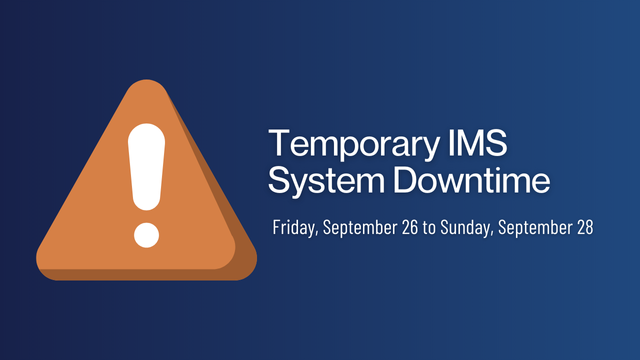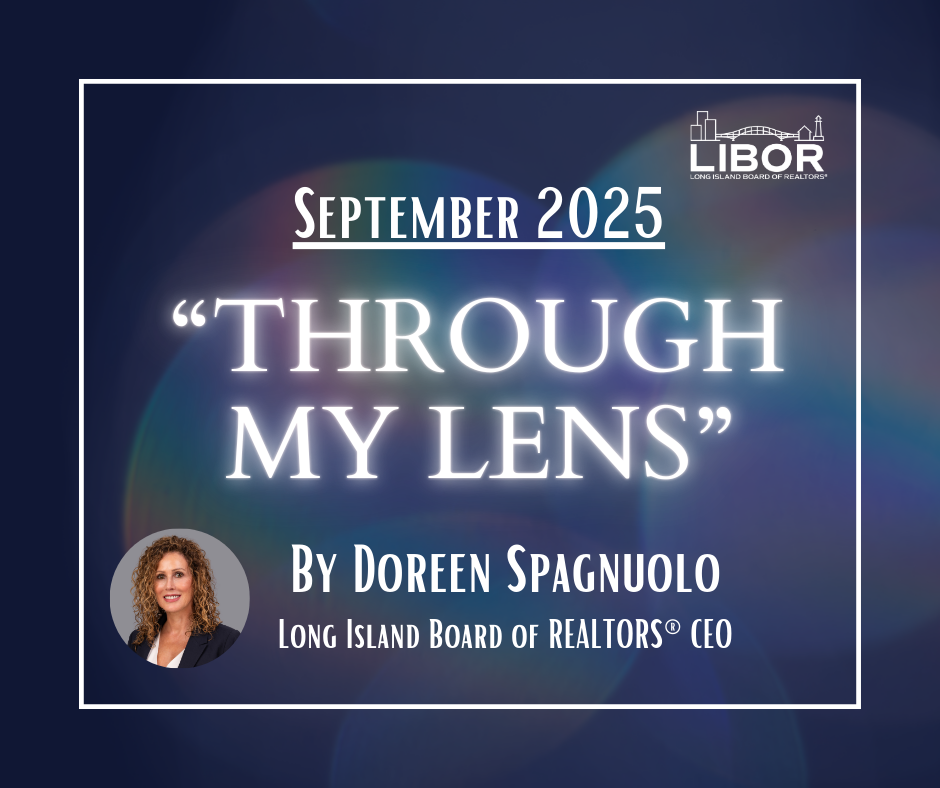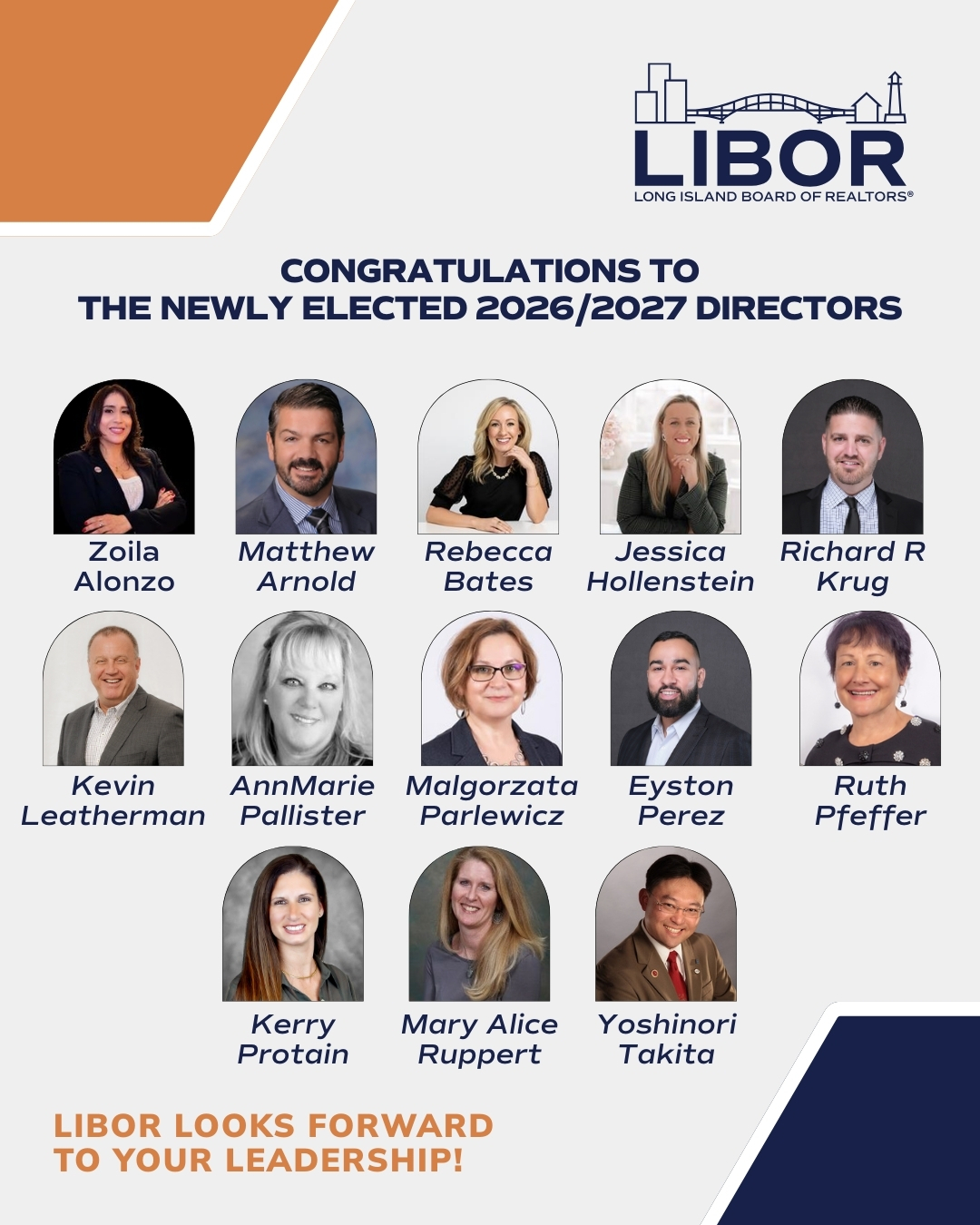Smile You’re on Camera – Video and Audio Surveillance Issues
Many homeowners have audio and video recording devices in their homes, and buyers at property showings usually have personal devices, such as smart phones, with recording capability. However, unlawful videotaping or audio recording by a buyer or seller can lead to both civil and criminal penalties under New York law.
Generally, when a notice of video recording is posted or the camera is visible, video-only surveillance is permissible without consent, except in places where a person has a reasonable expectation of privacy, such as in a bathroom. Therefore, a homeowner may properly use video-only devices in their homes to view potential buyers during a showing.
Audio recordings, on the other hand, require that at least one party to the conversation consents to the recording. It is against New York law for a seller to “eavesdrop” or to use an audio device to record the conversation of buyers and their agents during a showing unless the seller is a party who is present and participating in the conversation or if the parties to the conversation have given their express consent to be recorded.
Also, under Article 12-A of the Real Property Law, all real estate licensees have an obligation to be honest and trustworthy to all parties. This includes consumers and other licensees. Therefore, if an agent knows that a homeowner is using a surveillance device during a showing, the agent must disclose that information to any other agent and buyer prior to the showing. Just disclosing this information is not enough, however, for an audio device - the agent must obtain the consent of all parties present and participating in the conversation.
To avoid potential liability, keep these best practices in mind:
- Ask sellers whether they use surveillance devices and require sellers to disclose any such devices.
- Recommend that sellers post notice of property surveillance devices.
- Disclose any known property surveillance to other licensees.
- Remind sellers of their fair housing obligations. Video surveillance can reveal a lot about prospective buyers. If you suspect a seller is using video footage to violate the law, document your concerns in writing, and depending on the circumstances, consider removing yourself from the transaction.
- Inform buyers of the potential for surveillance devices during showing and of any known devices in writing.
- Advise buyers against taking pictures during a showing and to avoid posting photos on-line.
- If you are working with a buyer, avoid discussing the buyer’s interest at the property in case there are undisclosed surveillance devices.
Be aware that unlawful eavesdropping under New York law is a felony!
Latest News
-

Sep 17, 2025
Temporary IMS System Downtime - September 26 - 28
-

Sep 16, 2025
New Season: Renewed Commitment to Growth


